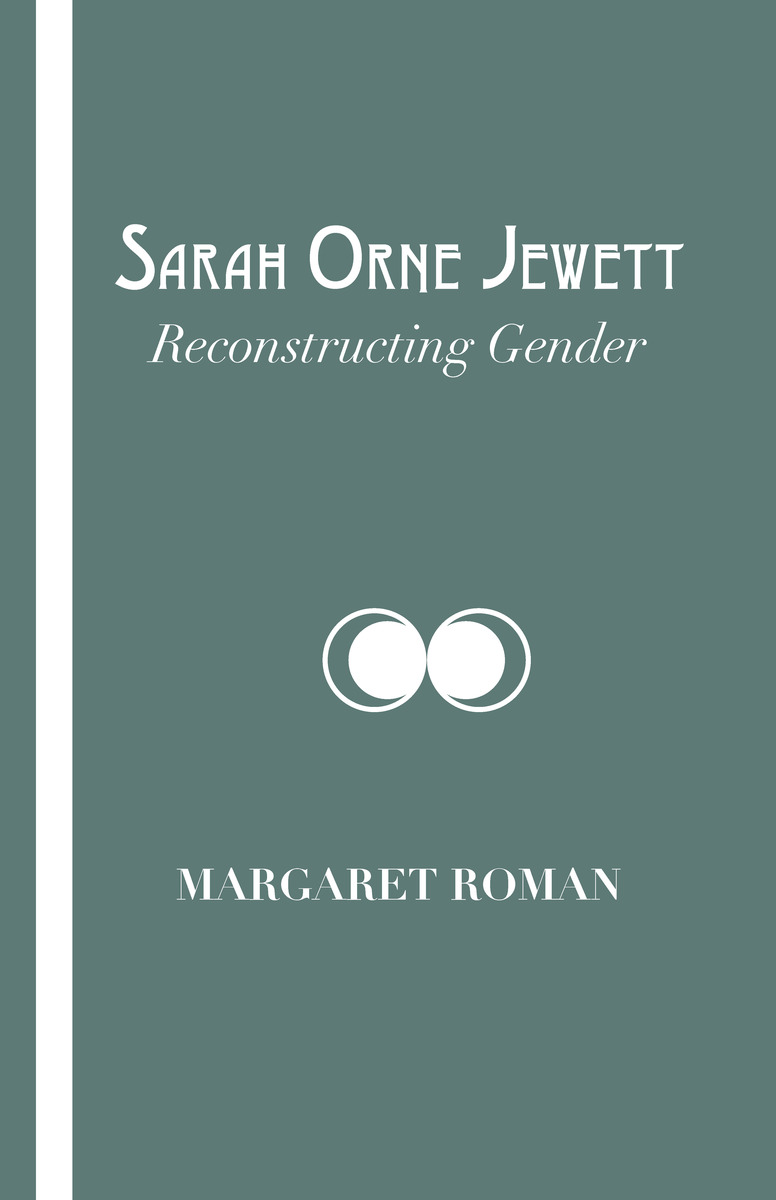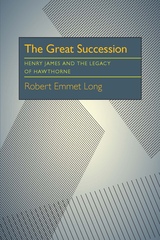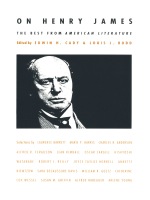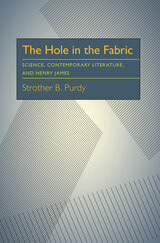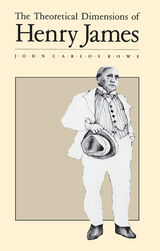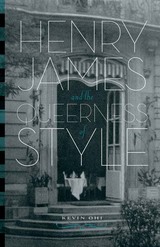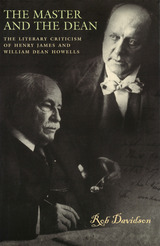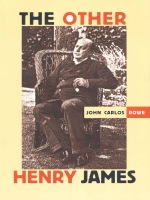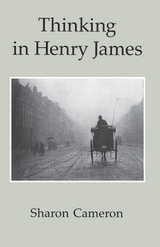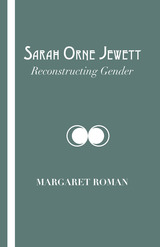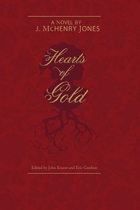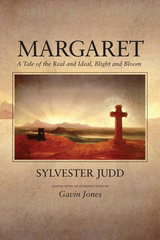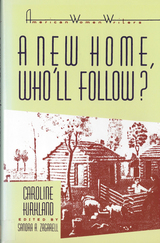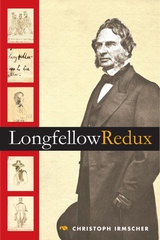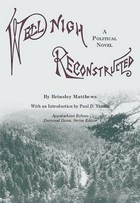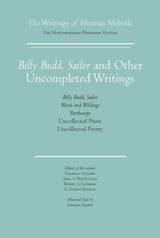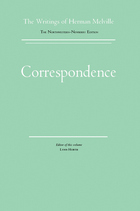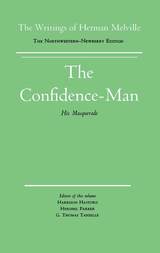Sarah Orne Jewett: Reconstructing Gender
University of Alabama Press, 1992
Paper: 978-0-8173-5899-0 | eISBN: 978-0-8173-9155-3 | Cloth: 978-0-8173-0533-8
Library of Congress Classification PS2133.R6 1992
Dewey Decimal Classification 813.4
Paper: 978-0-8173-5899-0 | eISBN: 978-0-8173-9155-3 | Cloth: 978-0-8173-0533-8
Library of Congress Classification PS2133.R6 1992
Dewey Decimal Classification 813.4
ABOUT THIS BOOK | AUTHOR BIOGRAPHY | REVIEWS | TOC
ABOUT THIS BOOK
In this study of Sarah Orne Jewett, Margaret Roman argues that one theme colors almost every short story and novel by the turn-of-the-century American author: each person, regardless of sex, must break free of the restrictive, polar-opposite norms of behavior traditionally assigned to men and women by a patriarchal society. That society, as seen from Jewett’s perspective during the late Victorian era, was one in which a competitive, active man dominates a passive, emotional woman. Frequently referring to Jewett’s own New England upbringing at the hands of an unusually progressive father, Roman demonstrates how the writer, through her personal quest for freedom and through the various characters she created, strove to eliminate the necessity for rigid and narrowly defined male-female roles and relationships.
Roman traces a gender-dissolving theme throughout Jewett’s writing which progresses through distinct phases that roughly correspond to Jewett’s psychological development as a writer. Ahead of her time in many ways, Sarah Orne Jewett confronted the Victorian polarized gender system, presaging the modern view that men and women should be encouraged to develop along whatever paths are most comfortable and most natural for them.
Roman traces a gender-dissolving theme throughout Jewett’s writing which progresses through distinct phases that roughly correspond to Jewett’s psychological development as a writer. Ahead of her time in many ways, Sarah Orne Jewett confronted the Victorian polarized gender system, presaging the modern view that men and women should be encouraged to develop along whatever paths are most comfortable and most natural for them.
See other books on: Gender identity in literature | Jewett, Sarah Orne | Maine | Sex role in literature | Women in literature
See other titles from University of Alabama Press
